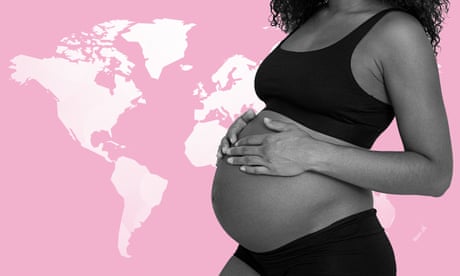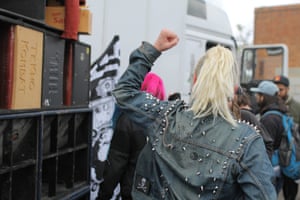 Ottawa orders trains carrying dangerous goods to reduce speed after fiery crash in Saskatchewan
Ottawa orders trains carrying dangerous goods to reduce speed after fiery crash in Saskatchewan The federal government has ordered lower speed limits for all trains carrying dangerous goods on Canada's railway lines after a train jumped the tracks in rural ...
The Globe and Mail Yesterday
Train carrying oil derails, erupts into flames in Saskatchewan CBC News Yesterday
Sask. train derailment: village residents evacuated from area | CTV News The federal government on Thursday ordered lower speed limits for all trains carrying large amounts of dangerous goods, hours after a fiery derailment in rural ...
CTV News Yesterday
Another train derails in fireball near Guernsey A train has derailed near Guernsey, the second time in less than two months that a train has derailed in the area. Phillipe Gaudet from Humboldt used a drone to ...
News Talk 650 CKOM Yesterday Local coverage
No reports of injuries following train derailment: Saskatchewan Public Safety | Watch News Videos Online Roughly 80 residents were evacuated to Lanigan after the CP freight train derailed just east of Guernsey around 6:15 a.m. Thursday. Speraking to reporters ...
Globalnews.ca Yesterday
/arc-anglerfish-tgam-prod-tgam.s3.amazonaws.com/public/R55VD6TM2JDDXF77FVMR5MSNS4.jpg)
/s3.amazonaws.com/arc-authors/tgam/a4dbfac9-2a9d-4017-ae44-f0785291864f.JPG)













